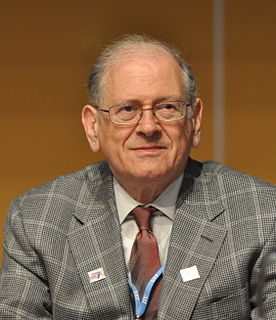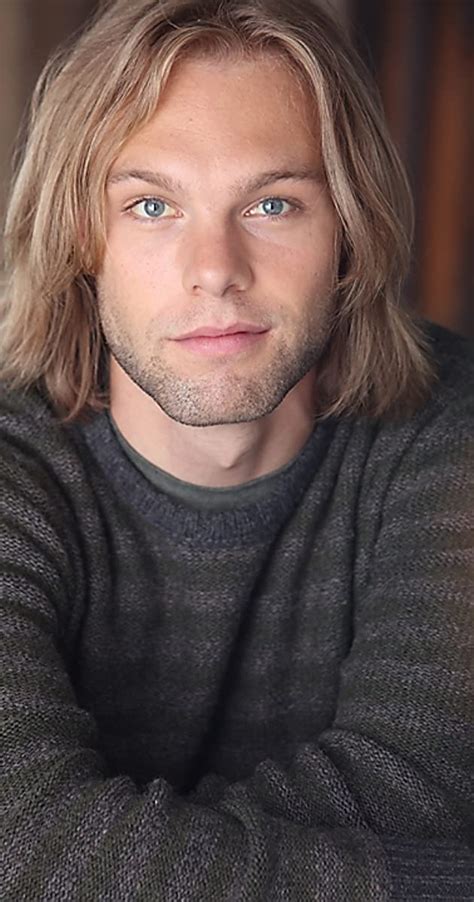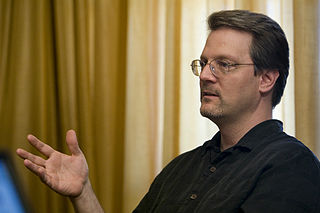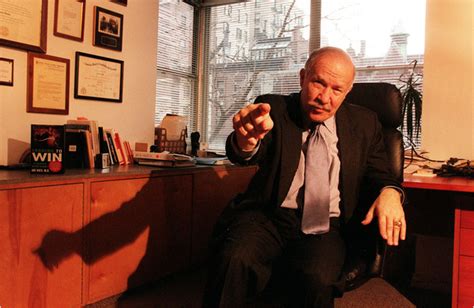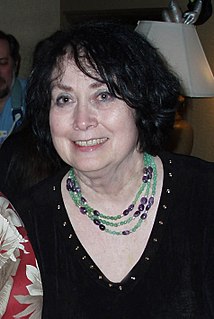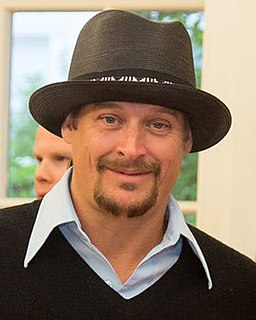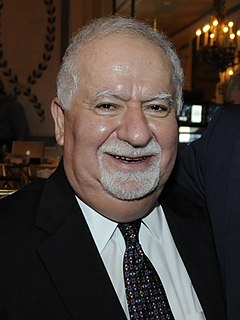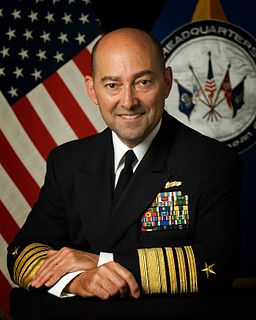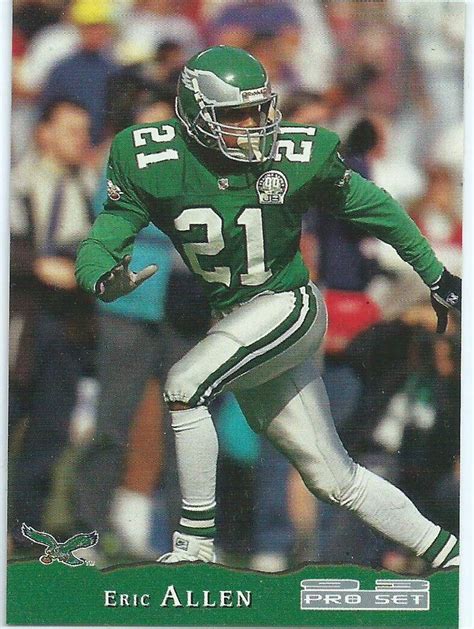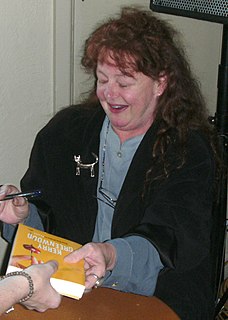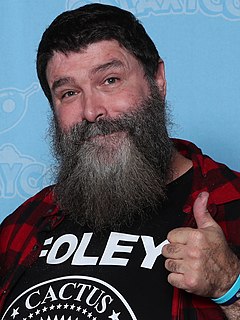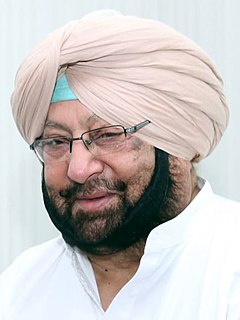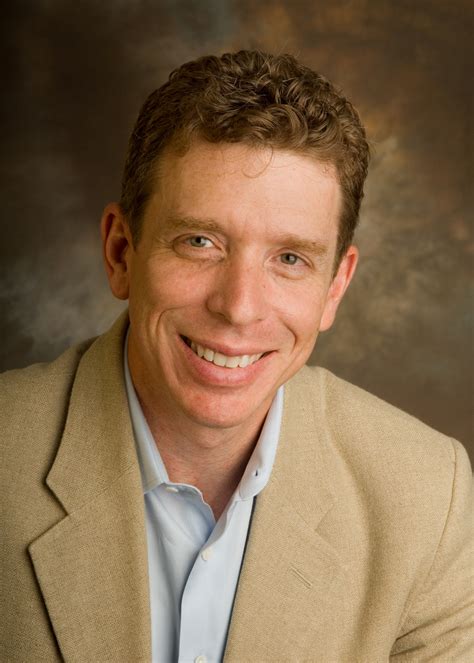Top 1200 Useful Information Quotes & Sayings - Page 13
Explore popular Useful Information quotes.
Last updated on November 25, 2024.
I'm quite good at taking in information so I voraciously inhale Wikipedia - which may have some things wrong in it, but I think is generally more information than we had before. Last tour we didn't have Wikipedia. And then Discovery Channel and History Channel. I can take it in and retain what I think are the most important facts.
I believe in the not-too-distant future, people are going to learn to trust their information to the Net more than they now do, and be able to essentially manage very large amounts and perhaps their whole lifetime of information in the Net with the notion that they can access it securely and privately for as long as they want, and that it will persist over all the evolution and technical changes.
We have more information - a glut of information - than ever before, and perhaps less knowledge. That's what's peculiar. And the only way you can deal with it, I suppose, is to make fun of it. I would rather watch Comedy Central for the news than I'd like to watch any other program on television. Maybe that shows you the state of affairs.
I think the use of language is a very important means by which this species, because of its biological nature, creates a kind of social space, to place itself in interactions with other people. It doesn't have much to do with communication in a narrow sense; that is, it doesn't involve transmission of information. There is much information transmitted but it is not the content of what is said that is transmitted.
Computers are good at swift, accurate computation and at storing great masses of information. The brain, on the other hand, is notas efficient a number cruncher and its memory is often highly fallible; a basic inexactness is built into its design. The brain's strong point is its flexibility. It is unsurpassed at making shrewd guesses and at grasping the total meaning of information presented to it.
The mechanical brain does not secrete thought "as the liver does bile," as the earlier materialists claimed, nor does it put it out in the form of energy, as the muscle puts out its activity. Information is information, not matter or energy. No materialism which does not admit this can survive at the present day.
If you give a man the correct information for seven years, he may believe the incorrect information on the first day of the eighth year when it is necessary, from your point of view, that he should do so. Your first job is to build credibility and the authenticity of your propaganda, and persuade the enemy to trust you although you are his enemy.
But the frightening aspect is that it's part of a larger effort from the Pentagon to tear down the wall between public affairs and propaganda, and essentially say there is no difference between information operations, public affairs and psychological operations. It's all one and the same. They have a new name for that too, it's called Information Engagement.
To be a super-trader, you'll need an edge to overcome the laws of probability and the uncertainty of the marketplace. That edge comes from information flow, the ability to correct your habits in terms of the market's characteristics, and being able to take risks, cut losses, expand your information network, ferret out ideas, and take recommendations.
There is a real hunger for information about Obama and a sense that information is not being covered or, in some cases, even being withheld. There is a sense that there are elements of the media that are protective of Obama, that they would rather block a story that is embarassing about Obama than let the American public decide.
We now know that we imprint information during the day. We sort of - that seed is planted there within the brain during the day. In other words, we learn information. But we also know that that vision that was planted in the brain still remains in the sound of silence, in this - in the dark of night.
As Stewart Brand (co-founder of Emeryville's Global Business Network) likes to say, "Information lasts forever. Digital information lasts forever or for five years, whichever comes first." There are examples everywhere. The tapes from the original Viking landers that went to Mars are at (NASA's) Jet Propulsion Laboratory, but there is no machine that can read the tapes.
We receive experience from nature in a series of messages. From these messages we extract a content of information: that is, we decode the messages in some way. And from this code of information we then make a basic vocabulary of concepts and a basic grammar of laws, which jointly describe the inner organization that nature translates into the happenings and the appearances we meet.
I think there's confusion around what the point of social networks is. A lot of different companies characterized as social networks have different goals - some serve the function of business networking, some are media portals. What we're trying to do is just make it really efficient for people to communicate, get information and share information.
In the Restoring Internet Freedom Order, the FCC strengthened its transparency rule so that Internet service providers must make public more information about their network management practices. They are required to make this information available either on their own website or on the FCC's website.
What we're going to do with cyber-attacks - and we have already actually started - we started well before the executive order actually was issued - is working with the private sector, determine how best to share information, because, you know, we can't help until we know that there has actually been an attempted intrusion or attack. Information-sharing piece is very important.
Innovation is fostered by information gathered from new connections; from insights gained by journeys into other disciplines or places; from active, collegial networks and fluid, open boundaries. Innovation arises from ongoing circles of exchange, where information is not just accumulated or stored, but created. Knowledge is generated anew from connections that weren't there before.
Think about it: if you were running a multi-million dollar company, and your database of customer information was stolen, would you want to tell your clients? No. Most companies did not until the laws required them to. It's in the best interest of organisations - when they're attacked and information is stolen - to tell nobody.
The Trump campaign generally does not respond at all to my requests for information - either requests for broader data on Trump's charitable giving or narrow requests for information about specific subjects, like the $20,000 portrait of himself that Trump seems to have purchased with money from his charity.
You know, I guess there's enough information out there to support that I'm a crazy, wild dude and rock and roll and this, that and the other. And there's enough information to support that, you know, I'm a single father, that, you know, has been a pretty standup guy in his community and pretty private about that stuff. But it's on both sides.
We can't be useful to ourselves unless we're useful to others .... Anyone concerned only by his own well-being will suffer eventually. Anyone concerned with the well-being of others takes care of himself without even thinking about it. Even if we decide to remain selfish. let us be intelligently selfish - let us help others.
It can be tempting to blame others for our loss of direction. We get lots of information about life but little education in life from parents, teachers, and other authority figures who should know better from their experience. Information is about facts. Education is about wisdom and the knowledge of how to love and survive.
The Internet, like all intellectual technologies has a trade off. As we train our brains to use it, as we adapt to the environment of the internet, which is an environment of kind of constant immersion and information and constant distractions, interruptions, juggling lots of messages, lots of bits of information.
I'd be surprised if non-fiction writers hate to be interviewed. We all hate them, because there's really nothing to say except "Read the book." Right? At least with non-fiction, you can kind of convey some information, and people can decide for themselves whether they want more of that kind of information. But with a novel, what am I going to do?
What we mean by information - the elementary unit of information - is a difference which makes a difference, and it is able to make a difference because the neural pathways along which it travels and is continually transformed are themselves provided with energy. The pathways are ready to be triggered. We may even say that the question is already implicit in them.
The information diet of a senior campaign staffer is insane. We were all addicted to our chosen email delivery devices and were aggressively tethered to them. It made sense and wasn't an issue during the campaign because of the importance of the situation. However, once the campaign was over and we were successful, the information flow dried up.
That is the future, and it is probably nearer than we think. But our primary problem as universities is not engineering that future. We must rise above the obsession with quantity of information and speed of transmission, and recognize that the key issue for us is our ability to organize this information once it has been amassed - to assimilate it, find meaning in it, and assure its survival for use by generations to come.
It's naive and even irresponsible for a grownup today to get her or his information about foreign policy and war and peace exclusively from the administration in power. It's essential to have other sources of information, to check those against one's own common sense, and to form your own judgment as to whether we ought to go to or persist in war.
A cardinal principle that we must not stray from - no exceptions - is that your genetic information is your business in terms of who sees it. Nobody should be gaining access to that information without your explicit permission, and nobody should be requiring you to take a genetic test unless you decide that that's what you want to do.
When Wikileaks comes out, which I have nothing to do with, they're giving classified information. They're giving information about Hillary [Clinton] cheating on the debates. No one mentions that Hillary received the questions to the debates. Seriously, can you imagine if I received the questions? It would be the electric chair, ok?
I was adopted. I was born in Edinburgh, and adopted when I was about two weeks old. And it's a good thing, I think, really, that back then, in '75 when I was born, you were really given a lot more information than you're given now when you're adopted. And you know, you can access that information when you're older.
Americans are in need of very objective information, and sometimes it's easier to absorb the message through entertainment and through a great story than through the news outlets [where] everything is sensationalized. Not only are you getting information that sort of defies stereotypes, but you're also getting a wonderful story with hopefully good performances.
One of the interesting things about the history of poetry in the 16th, 17th, and 18th centuries is that people who read liked getting their information in rhyme just as much as in prose. The genre that we would think of as nonfiction often was written in verse in forms like the Georgic when people thought that one of the tasks of poetry was conveying arguments and information in a pleasant way.
The 'gatekeepers' became a term of revile. But when you think about the flow of information, I personally value immensely the calibration a news organ, whether it's on the web or in print, brings to the floodwaters of information. I haven't the time to read all the dispatches of the Associated Press, for example. It's fantastic what they put out, it's extremely good, from all over the world. I like when someone acts as a filter.
Snowden has enough [sic] information to cause harm to the U.S. government in a single minute than any other person has ever had. The U.S. government should be on its knees every day begging that nothing happen to Snowden, because if something does happen to him, all the information will be revealed and it could be its worst nightmare.
I guess there's enough information out there to support that I'm a crazy, wild dude and rock and roll and this, that and the other. And there's enough information to support that, you know, I'm a single father, that, you know, has been a pretty standup guy in his community and pretty private about that stuff.
I think people who read Internet blogs are usually trying to fit it in during a busy part of their day, and there's only so much information that you digest. Whereas an experience with a book is a little more comfortable, and I think people are a little more willing to really delve into information.
What happens when I'm dealing with the problems in North Korea and the Middle East? Are you folks going to be reporting all that very, very confidential information, very important, very - you know, at the highest level? Are you going to be reporting about that, too? So I don't want classified information getting out into the public in a way that was almost a test.
Today your technology is far more sophisticated. Forget about sending a reconnaissance aircraft, your satellites provide you information on a minute-to-minute basis. Similarly, when missiles were fired, every missile has a camera in its cone, on its nose, and it keeps relaying information until the point of its impact.
Kofi Annan described World Summit on the Information Society as the first summit to deal primarily with an opportunity. The range of issues and potential opportunities that might be included in the Information Society is enormous. Compromise texts are very poor at addressing these in any meaningful way, and many governments see little point in trying.
When confronted with information streaming from the eyes, the brain will interpret this information in the quickest and most efficient way possible. Time is energy. The longer the brain spends performing some calculation, the more energy it consumes. Considering the brain runs on about 40 watts of power (a lightbulb!), it doesn't have a lot of energy to spare.

